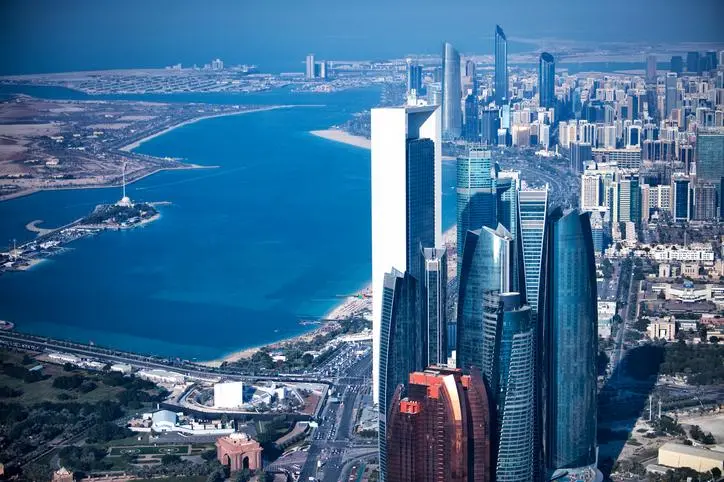PHOTO
Abu Dhabi enjoys a solid asset base, which could help finance its decades' worth of moderate fiscal deficits, Fitch Ratings said on Wednesday.
It estimated that the UAE capital's sovereign net foreign assets to be the second-largest among Fitch-rated sovereigns and government debt remains modest.
"With an estimated fiscal break-even oil price of $60 a barrel in 2019, Abu Dhabi's assets could finance decades' worth of moderate fiscal deficits," the ratings agency said in a note.
It forecast Abu Dhabi's financing requirement or cumulative deficit to total $40 billion in 2020-21.
"We expect the authorities to retain a preference for financing the deficit through debt issuances rather than unbudgeted assets drawdowns, and debt will keep rising moderately over the next three years. We estimate the value of Abu Dhabi Investment Authority [Adia] assets at end-2019 at more than $570 billion," said Jan Friederich, head of sovereigns for the Middle East and Africa at Fitch Ratings.
The ratings agency sees the UAE capital's oil GDP contracting by more than 7.5 per cent in 2020 due to Opec+ production cuts.
For Ras Al Khaimah, Fitch expects the northern emirate's budget to record a small deficit of 0.6 per cent of GDP in 2020, after an average surplus of 2.1 per cent over the past three years.
Revenue will contract by 21 per cent, reflecting lower tax collection and a drop in consolidated revenue from state-owned enterprises (SOEs). Debt of the RAK government and of its SOEs has been on a downward trend and will continue to fall.
It added that most of the Gulf Cooperation Council (GCC) states will post substantial fiscal deficits in 2020, with only Abu Dhabi and only Qatar's deficit staying in single digits.
This forecast is based on an average Brent oil price of $41 a barrel and in compliance with the Opec+ deal to limit production.
"Most fiscal break-even prices are between $65 and $75 a barrel, with Qatar and Bahrain outliers at below $50 and above $90 a barrel, respectively. Renewed waves of infections continue to hamper external receipts, public finances, employment and GDP growth across the region," said Friederich.
Copyright © 2020 Khaleej Times. All Rights Reserved. Provided by SyndiGate Media Inc. (Syndigate.info).





















